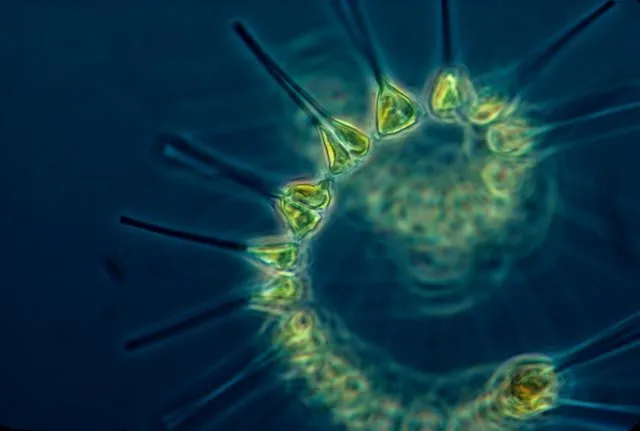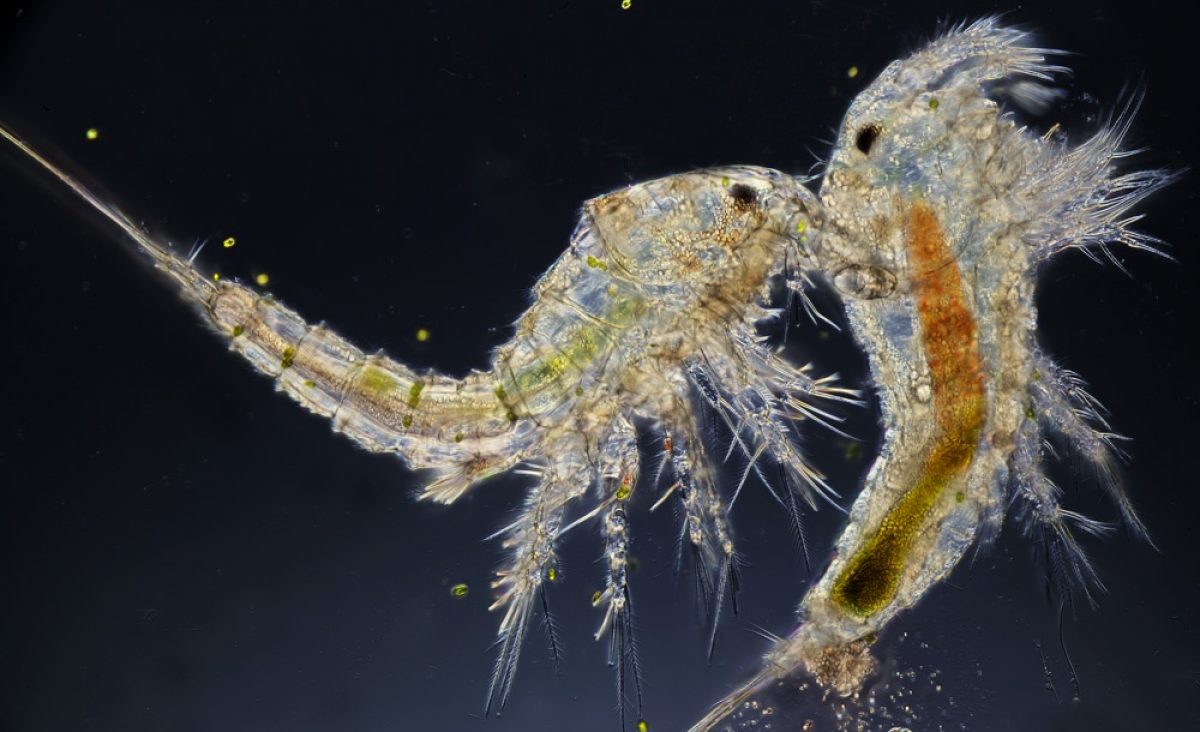What Do Copepod Eat
Are you curious about what copepod eat? These tiny crustaceans are an important part of the ocean food web, but many people don't know much about their diet. In this article, we'll explore what copepod eat and how it impacts other marine life.
The Importance of Copepod in Marine Food Chain
Without copepods, the ocean food web would look very different. These tiny creatures are a crucial food source for many larger marine organisms, including whales, fish, and some seabirds. They also play a vital role in regulating the amount of phytoplankton in the water, which has a substantial impact on the planet's climate. However, their diet is often overlooked by researchers and conservationists.
What Do Copepod Eat?
Copepods are omnivores, which means they eat both plant and animal material. Their diet includes phytoplankton, detritus, and smaller zooplankton like diatoms, dinoflagellates, and ciliates. They're also known to consume fish larvae and even other copepods. Copepods have a unique feeding mechanism that allows them to filter out particles from the water, using their specialized appendages.
The Impact of Climate Change on Copepod Diet
As the ocean's temperature and acidity levels change due to climate change, copepod diet is also being impacted. Their primary food source, phytoplankton, is decreasing in some areas due to rising ocean temperatures. This has a cascading effect on the entire food web, as copepods are a crucial part of the marine ecosystem.
Feeding Copepods in Aquarium
If you have an aquarium, you may be wondering what to feed your copepods. In general, copepods will consume any organic material in the water, so a well-balanced diet of phytoplankton and zooplankton is essential. You can also purchase specially formulated copepod food from aquatic retailers. It's essential to provide enough food for your copepods to thrive, as they can quickly deplete their food source in a small aquarium.
The Importance of Copepod Diet in Aquaculture
Copepods are also becoming more critical in aquaculture, as they're an excellent source of nutrition for larval fish and shrimp. The demand for copepods in hatcheries is increasing, and researchers are exploring sustainable ways to cultivate them. By understanding copepod diet and nutritional needs, we can improve the health and growth rate of farmed fish and reduce our reliance on wild-caught sources of food.
The Role of Copepods in Omega-3 Production
Omega-3 fatty acids are essential for human health, and many people consume supplements or fortified foods to ensure they're getting enough in their diet. However, omega-3s are primarily obtained from wild-caught fish, which can have negative impacts on the environment. Researchers are exploring the use of copepods to produce omega-3s sustainably, as these crustaceans are high in the fatty acids. By feeding copepods a diet rich in omega-3s, we could reduce our reliance on wild-caught fish for these essential nutrients.
Question and Answer
Q: Can copepods survive on phytoplankton alone?
A: While copepods can subsist on phytoplankton, it's not an optimal diet for their health and growth. They need a diverse range of food sources to thrive.
Q: How do copepods obtain their food?
A: Copepods use their specialized appendages to filter particles from the water, which they then consume.
Q: Are copepods safe for human consumption?
A: Copepods are not commonly consumed by humans, but they're considered safe to eat and are sometimes used in traditional medicine.
Q: What is the lifespan of a copepod?
A: The lifespan of a copepod varies widely depending on the species and environmental conditions. Some species can live for several years, while others may only survive for a few days or weeks.
Conclusion
Copepods are an essential part of the ocean food web, and their diet has far-reaching effects on the environment and other marine life. By understanding what copepod eat and their nutritional needs, we can improve our overall knowledge of the ocean ecosystem and work towards sustainable aquaculture practices. Whether you're a hobbyist with an aquarium or a researcher studying marine biology, it's essential to consider the role of copepod diet in your work.
Gallery
Growing And Cultivating Amphipods And Copepods
/Copepods-GettyImages-478633023-5924e0b93df78cbe7e1cae57.jpg)
Photo Credit by: bing.com / copepods amphipods culture aquarium skimz reef information macroalgae days culturing eat saltwater roland birke getty reactor looks cultivating growing
What Do Copepod Eat? Things You Need To Know! - Feeding Nature

Photo Credit by: bing.com /
From Eggs To Exhibit · Tennessee Aquarium

Photo Credit by: bing.com / copepods copepod marine aquatic crustaceans mites zooplancton anatomy ecosystems life role tiny fish species mammals eggs macro look details sea
Is This Tiny Copepod The Key To Sustainably Producing Omega-3s? | Hakai

Photo Credit by: bing.com / copepod royi tiny omega hakai 3s producing magazine
Copepod Feeding On Algae - Stock Image - Z230/0179 - Science Photo Library

Photo Credit by: bing.com / copepod algae